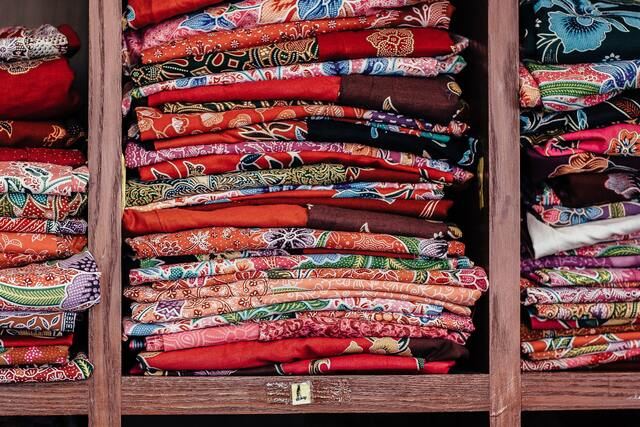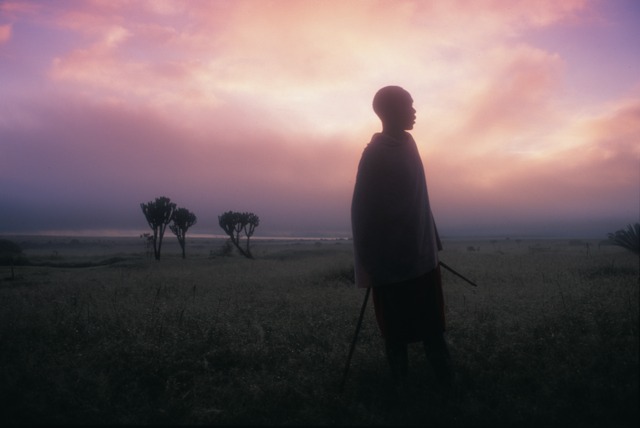The Great Commission Meets the Great Commandment
At its very heart, our call to make disciples of all nations includes loving our neighbours as ourselves. Pioneers seeks to glorify God through facilitating church planting movements - and church planting movements often begin with meeting our neighbours' basic needs. From providing employment and education to helping with sustainable farming practices and working toward interpersonal reconciliation, Pioneers are supporting projects that meet people all over the world at their point of need. Read some stories of how we help below.
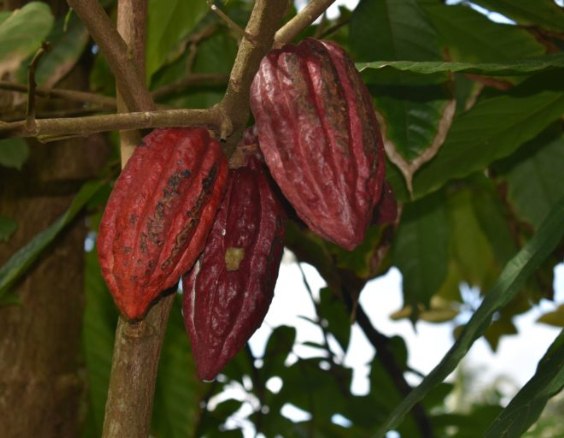
Spice Island Chocolate
A Pioneers couple are working with local cacao-growing farmers on an island in the Pacific to produce top quality chocolate. By offering advice on cultivation, our experienced agriculturalist and vet couple have helped double the farmers’ harvest. They are able to employ up to 45 people at their small processing plant on the island, offering top prices for the farmers’ mushrooming cacao crop and freeing the islanders from the cartel agents’ stranglehold.
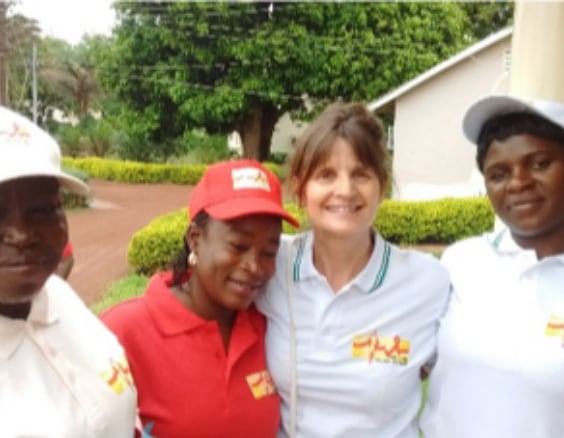
HIV/Aids Screening and Education in West Africa
Mark & Isabelle, longstanding Pioneers workers, set up Grace and Light in 2003 – an HIV/Aids screening and education project covering most states in Nigeria and large sections of Cameroon, Chad, Liberia, Sierra Leone and Zambia. To date, over 151,000 people in these countries have been screened for HIV/Aids. Each of the current 20 teams is responsible in their area for taking Grace & Light into new churches, leading services, public speaking, counselling, testing, home-based care, accountability group support, education, advocacy and administration.
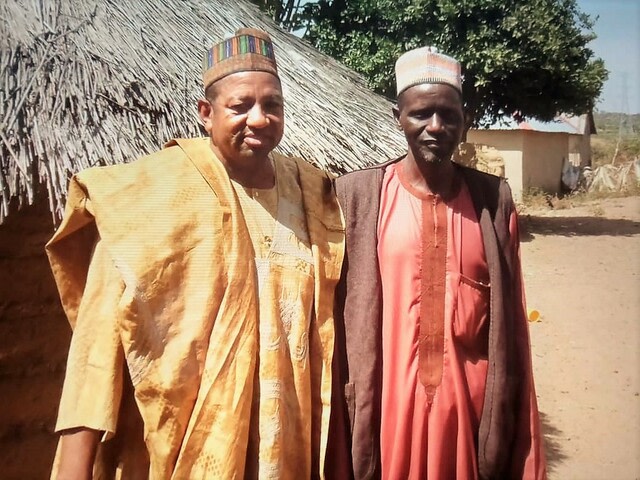
Muslim-Christian Reconciliation in Northern Nigeria
Mark is also co-leading a unique and transformational project called Love Language, which seeks to effect a paradigm shift in how Christians respond to aggressive action from certain Muslim groups, including Boko Haram militants.
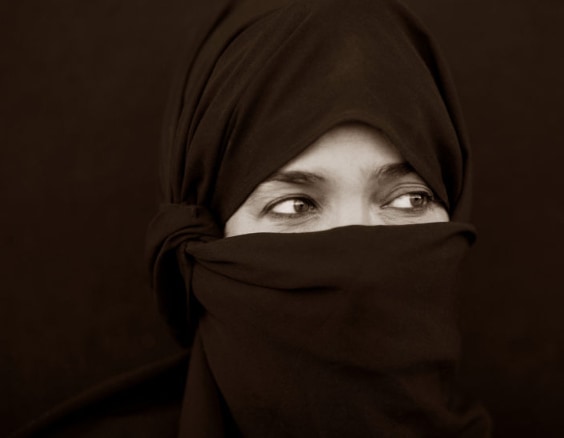
Offering Friendship and Hope to Asian Women
Our field worker Catherine spends her time building friendships with isolated and struggling Asian women in Leeds, helping them to integrate into their adopted community by offering English lessons and translation support.
In addition, Catherine regularly visits such isolated women to offer all kinds of help and a listening ear. Recently, a grateful Pakistani woman wrote a little thank you note: “Last week my grief was making me feel extremely lonely in a foreign land and hearing you speak my language was nothing short of magic… you reach out to somebody who could really need some warmth.”
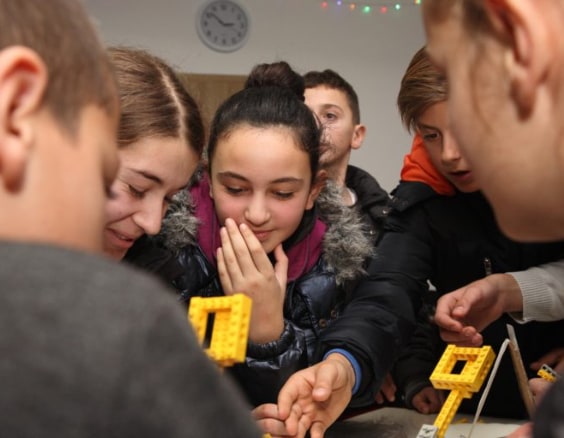
Technology and Healthcare Education in the Balkans
Another Pioneers couple, an engineer and a doctor, are supporting their community in the Balkans by working closely with the local school, providing science and IT training for staff and students. Supporters have provided a number of programmable tools, such as Raspberry Pi computers and BBC Micro:bits, helping to inspire future scientists to play key roles in their country’s technological development.
In the local medical centre, they provide training in palliative care, and provide both advice and equipment to help ease the symptoms of those who are in their final stages of life.

Training Teachers in Indonesia
The education system in parts of Indonesia suffers from outdated teaching techniques and poor learning opportunities. A Pioneers worker, operating in the local language, helps run a teacher training programme at a national school in Indonesia. The programme aims to equip 10-15 new teachers a year to serve in schools across Indonesia, providing high quality education to the young learners of this populous country with its emerging economy.
With many developed countries looking to invest in Indonesia as the next “Asian Tiger”, our fieldworker is playing a key role in preparing tomorrow’s workers, managers, thinkers and leaders for a future that could rectify the imbalance between rich and poor in this country of 240 million.
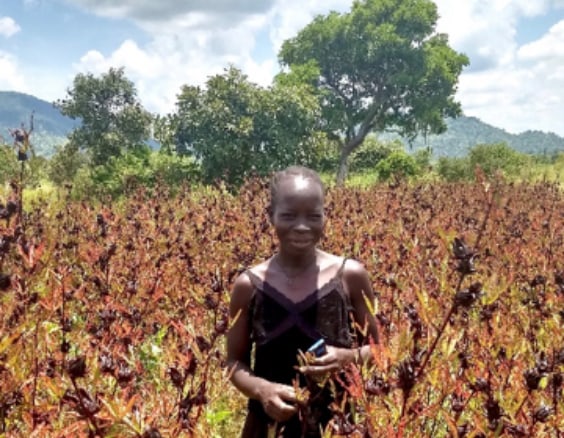
Sustainable Farming and Refugee Support
David and Emma lead a team of volunteer professionals from around the globe working in and around Arua, Uganda. The team are involved in medical work, operate a printing press for publishing literature in local languages and run vocational training programmes for young people. They also spend significant time at the world’s second largest refugee camp, Bidi-bidi, where 250,000 South Sudanese refugees have fled war. Alongside the church there, they have established a nursery that supports 320 children. The team have also provided life skills training for young people struggling with hopelessness in the camp. In Arua, a sewing project provides vital practical skills for disadvantaged girls.
David has started a social enterprise pilot project that is providing income for 10 farmers and their families. Emma co-ordinates an income generating card project that supports 7 families. Through the project, one widow has been able to support her son to get an IT degree while others have been able to roof their homes. David helps manage a Ugandan-led sponsorship project that helps marginalised children to access education. This year 13 children are in school that otherwise wouldn’t have been able to be there, while more will be supported in the coming year.
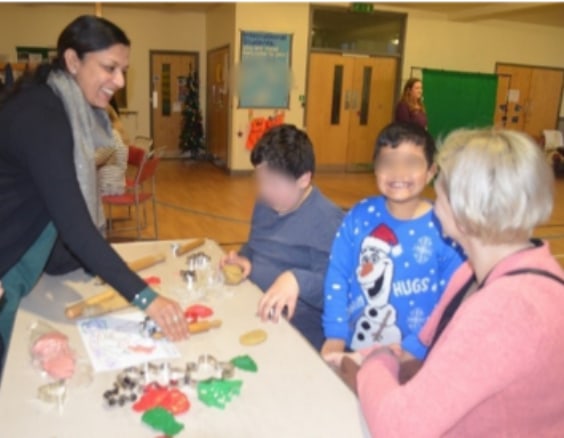
Welcoming Refugees and Children with Special Needs into Cardiff
David (an ordained minister) and Liz (a Special Educational Needs worker) play a unique role in welcoming Asian immigrants into Cardiff. With English classes, advice sessions, hospital visits and sewing classes, refugees feel they have a place they can go to integrate into the local community. As an experienced school SENCo, Liz provides specialist support to families with children with learning difficulties and can offer advice to enable families to get the most from the education and social service systems.
Together with their team of 20 volunteers, they support upwards of 80 non-British clients. One such client explained, “Because of my son’s needs, it’s difficult to make friends with other children and families, so for a long time we have felt very isolated. We are so grateful for this help. It makes us feel we belong.”
Stories
As the unwanted kitenge scraps become an integral and beautiful part of each handmade card, so we pray that the project is a symbol of the good news of hope to the marginalised and down-trodden in society, that they too will become transformed into something beautiful and valuable in the Kingdom of God.
It is the rise of the internet and more recently the increasing availability of mobile phones which are providing the biggest opportunities at the moment. We often hear of families who come to faith in the west sharing with their relatives back at home in phone calls, or sending recordings via WhatsApp.
In East Africa, the challenges of local resource mobilisation make it difficult to send those who clearly are ready to go but don’t have the financial muscle to sustain themselves. Trade imbalances continue to keep the Western nations rich at the cost of Southern economies so we may never really be able to compete at the same level.

